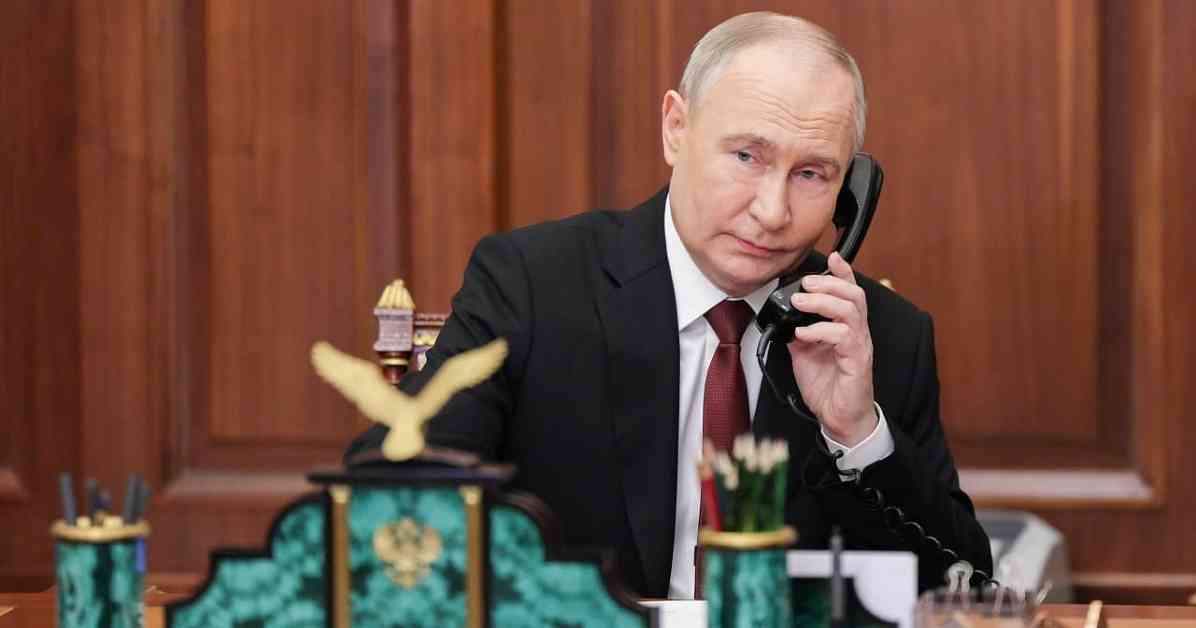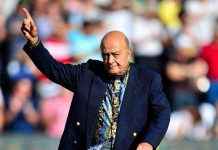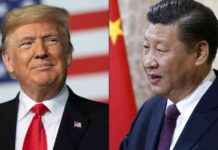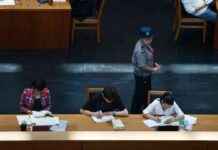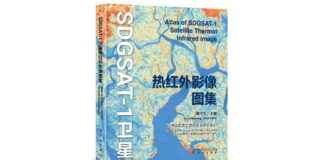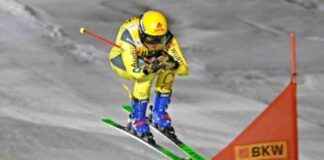Russia has accused the West of meddling in the internal affairs of Georgia ahead of the crucial parliamentary elections in the South Caucasus republic. Kremlin spokesperson Dmitry Peskov told Russian media that there are blatant attempts to influence the course of the election campaign. The election, which will decide between the currently dominant pro-Russia stance or a pro-European course, is scheduled for October 26th.
The US and the EU have recently protested against two laws in Georgia inspired by Russia – one about increased control over the financing of civil society organizations and media from abroad, and an “LGBT propaganda” law, which, like in Putin’s Russia, can ban events like Pride parades or censor films and books, and also banned gender reassignment surgeries. Brussels already froze the EU accession process for the Georgian candidate back in June.
The US imposed visa restrictions on dozens of high-ranking officials and business people due to the anti-liberal course of the ruling party Georgian Dream. EU representatives have repeatedly warned Georgia’s leadership not to jeopardize its European future. The country faces further Western sanctions.
Reconciliation after the 2008 war
Representatives from EU countries, as well as the pro-Western and LGBTQ-friendly President Salome Zourabichvili, have made it clear during their appearances in the capital Tbilisi that they wish for a victory of the Western-oriented opposition. However, the opposition in the Black Sea country is fragmented.
On the other hand, the Georgian government advocates for economic and humanitarian contacts with Russia, 16 years after a lost war with Moscow. Tens of thousands of Russian tourists vacation there every year. Moscow has restored visa-free travel for Georgians and air travel. Pro-Western forces in Georgia, in turn, criticize this as Russian interference. The Kremlin denies this.
Since the early 1990s, Georgia has lost control of its breakaway regions of South Ossetia and Abkhazia. In 2008, Georgia lost a brief war against Russia. Moscow has recognized both regions as independent states and stationed soldiers there.
In recent years, Russia has been cracking down harder on LGBTQ+ individuals. In March, the country put the “international LGBT movement” on the terror list. Over the weekend, there were reports that more than 50 people were arrested in raids at two popular clubs among LGBTQ+ individuals in Moscow.
